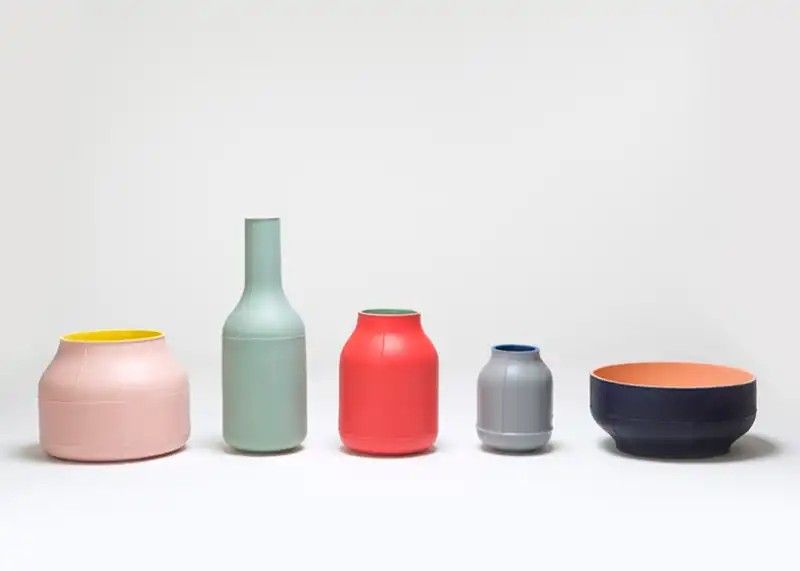The raw materials used in the manufacture of ceramics range from relatively impure clay materials mined from natural deposits to ultrahigh purity powders prepared by chemical synthesis.
Manufacturing process of ceramics.
Ceramics is the making of things out of ceramic materials.
Steps in the tile manufacturing process are.
Slip casting method is used to produce complex shapes.
Ceramic insulators are used for a wide variety of applications because of very good electrical conductivity.
Ceramic tiles are economical to produce because of the raw materials used are easily available mined ceramic minerals.
But at present there are some problems in the production of alumina ceramic substrate in china such as the high sintering.
I will help you see.
In this method ceramic particles are suspended in water an cast into porous plater molds.
Ceramic grinding is a design and manufacturing process whereby an abrasive is used for material removal dimensioning and finishing of ceramic components and products.
Ceramic engineering like many sciences evolved from a different discipline by today s standards.
The primary raw material for the tile production is clay quarts and feldspar.
Since the ceramics industry is so large and covers a wide range of products from traditional ceramics such as pottery and chinaware to a more complicated technical ceramics for chemical mechanical or thermal applications i am going to provide you with a brief overview of the manufacturing process of traditional ceramics.
If wet milling is used the excess water is removed using filter pressing followed by spray drying.
Alumina ceramic substrate is widely used in multilayer wiring ceramic substrate electronic packaging and high density packaging substrate due to its high mechanical strength good insulation and light proof.
Alumina ceramic substrate overview of manufacturing process.
Sintering or frittage is the process of compacting and forming a solid mass of material by heat or pressure without melting it to the point of liquefaction.
The pores in the mold create a capillary pressure because of this the water in the slip is absorbed by the mold.
The purpose of ceramics processing to an applied science is the natural result of an increasing ability to refine develop and characterize ceramic materials.
The initial step in ceramic tile manufacture involves mixing the ingredients.
Sometimes water is then added and the ingredients are wet milled or ground in a ball mill.
Ceramic may be used as a noun in the singular to refer to a ceramic material or the product of ceramic manufacture or as an adjective.
Ceramic processing is used to produce commercial products that are very diverse in size shape detail complexity and material composition structure and cost.
Sintering happens naturally in mineral deposits or as a manufacturing process used with metals ceramics plastics and other materials the atoms in the materials diffuse across the boundaries of the particles fusing the particles.




























